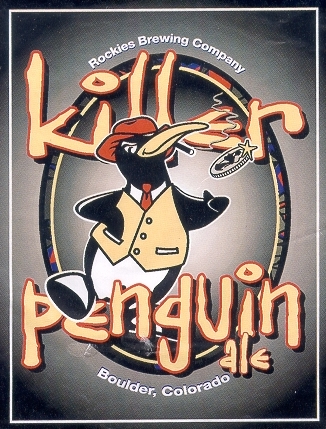A future so bright Tux needs shades


"Linux represents the ultimate flight to safety in troubled times," he said while offering some predictions for 2009.
"People want a platform they trust, that's low cost, that allows them to consolidate infrastructure, and that's Linux.
"Everyone uses Linux. It's in the TV, it's in your TiVo, it's in all the settop boxes, it's in your Sony camera. Make a trade on the NYSE and it's there, search on Google and it's Linux. Linux owns 85% of the supercomputer market. I've seen Linux in a milking machine."
If Linux were a corporate effort its CEO would be into champagne wishes and caviar dreams. As it is, however, Zemlin is just looking for steady growth next year.
"The Foundation will continue to focus on the core things we do well. We'll continue to support Linux and the kernel development. We'll continue to work on the trademark.
"In April we'll hold our Collaboration summit in San Francisco. We invited the Consumer Electronics Linux Forum to attend.
"We'll expand the events we offer, including the first Linux Kernel Summit in Tokyo. We'll be hosting the LinuxCon in September, and expect it to be successful. We'll have content there for all communities. There will be rich training opportunities there.
"We'll have more content on the Web. Expect more original research out of us. We authored 'How to Participate in the Linux Community', a white paper."
But there will be no big offices, no Linuxplex, and you won't see Linus Torvalds on the cover of Forbes. "No one is expanding."
So, I asked, what happened in 2008 to make 2009 look so bright?
Windows Vista has been a fiasco, and mobile form factors hit Linux' sweet spot. (I've had this Australian Shiraz. Very drinkable. Try it with turkey tomorrow.)
"Microsoft had to keep XP around a lot longer than they had anticipated. It hurt their ability to sell Vista. It impacted their need to rush Windows 7, which looks a lot like Vista."
Manufacturer disquiet led to experiments with the four-pound, no moving part Netbook, and Linux was ready with Intel's quick boot architecture, which turns a Linux PC into an instant-on Internet appliance.
Now, "Every major PC maker is shipping Linux computers to consumers," with HP and Dell starting to support the channel.
The one cloud on that horizon, as I noted in our Laptop Linux series, is incompatibility, which makes upgrading software a chore. The Foundation's solution to that is the Linux Standard Base, but anyone's decision to use it is "a commercial decision."
Then there is mobile. While 2008 turned into the year the Linux Netbook broke through, 2009 will be the year when Linux mobile breaks through, Zemlin said.
Android, LiMo, and the 100% mobile source Moblin are all coming to market in a big way. Motorola is committed to Android, LiMo stands for Linux Mobile. "Moblin specifically is a project to watch."
My own opinion is that Apple made the breakthrough Linux mobile is now running through. The success of the iPhone in spurring data use is forcing carriers to come up with alternatives, and Linux is the fast way there.
If you want to make money next year, learn Linux.
"One of our biggest bottlenecks is going to be talent. My advice for engineers who are looking to weather this storm is learn Linux." Then you'll be toasting 2010 with Jim Zemlin as your sommelier.
(And if you need or want to avoid alcoholic embellishment, for any reason, click here.)